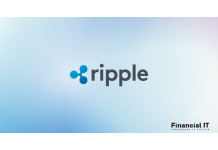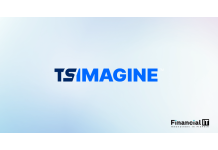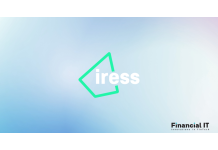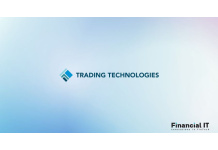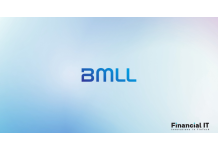Bitget TradFi Records Over $2 Billion in Daily Volume...
- 08.01.2026 11:45 am
Bitget Opens TradFi Trading To All Users After Record-...
- 05.01.2026 12:25 pm
INFINOX Launches Global Loyalty Programme Elevating...
- 02.01.2026 12:25 pm
Ripple Expands Partnership with TJM To Enhance...
- 19.12.2025 08:35 am
BlackRock and AccessFintech Announce Strategic...
- 01.12.2025 08:15 am
Post Trade Solutions Launches Market Risk Optimisation...
- 19.11.2025 11:55 am
TS Imagine’s Front-Office Trading Solution, TradeSmart...
- 18.11.2025 12:15 pm
Old Mission Joins Iress RSP Network as Market Maker to...
- 18.11.2025 08:25 am
BBVA Adds Surecomp’s RIVO™ to Its Digital Offering to...
- 17.11.2025 10:45 am
Trading Technologies Partners With TokWise to...
- 14.11.2025 12:35 pm
Santander Bank Launches Navigator Global to Empower U....
- 07.11.2025 08:45 am
Nordic Capital to Acquire BMLL, a Leading Provider of...
- 27.10.2025 10:45 am





